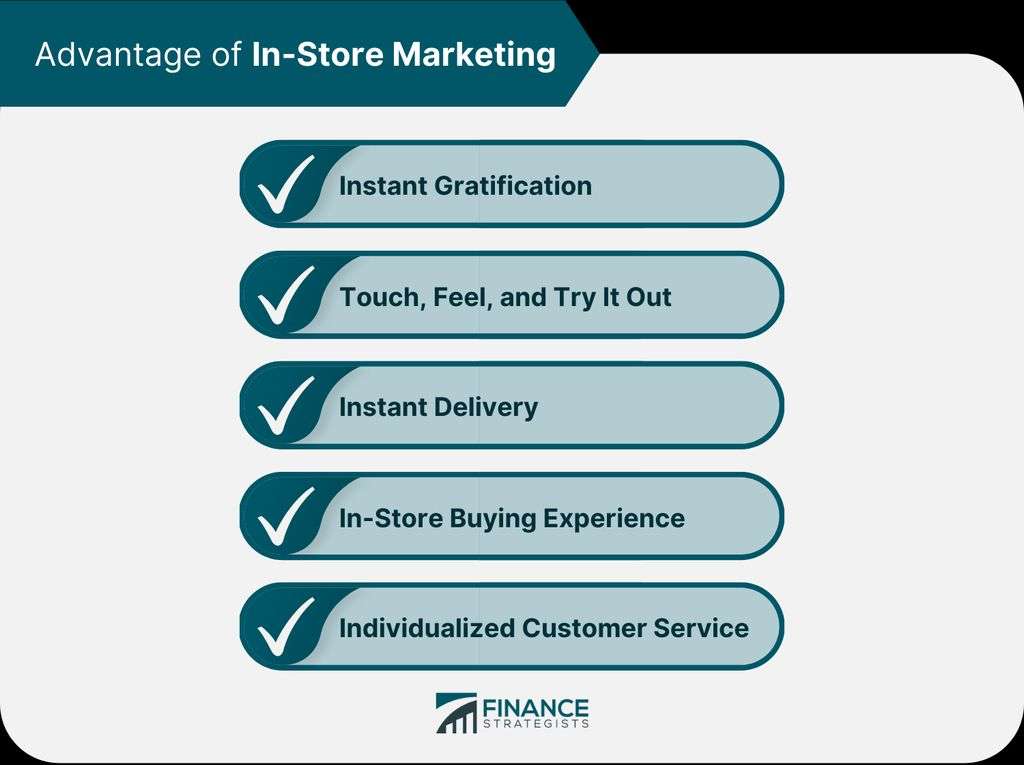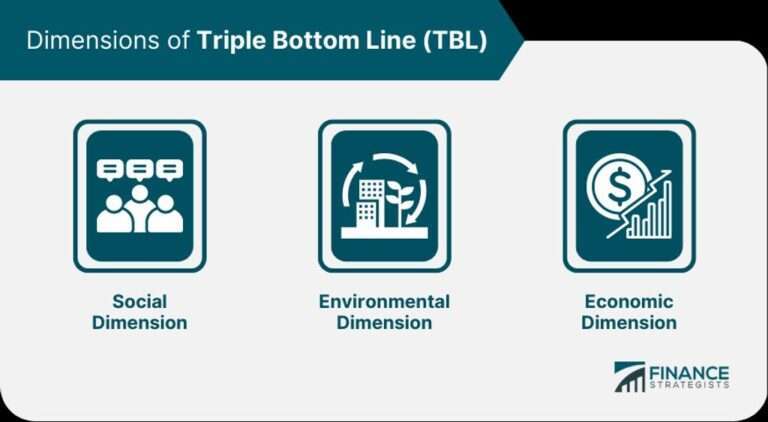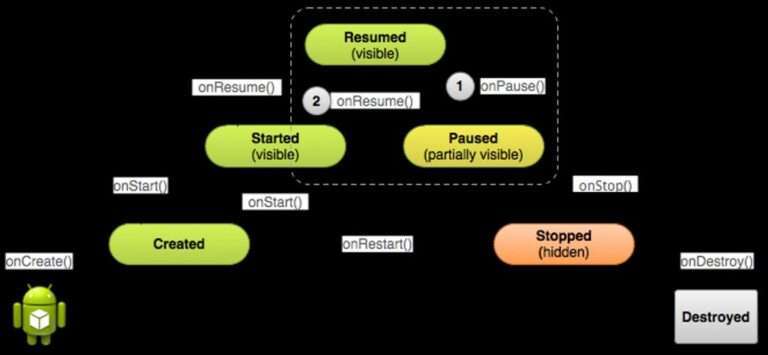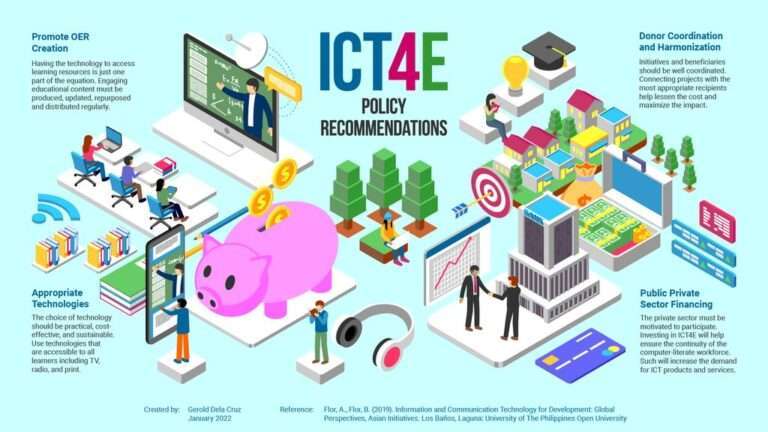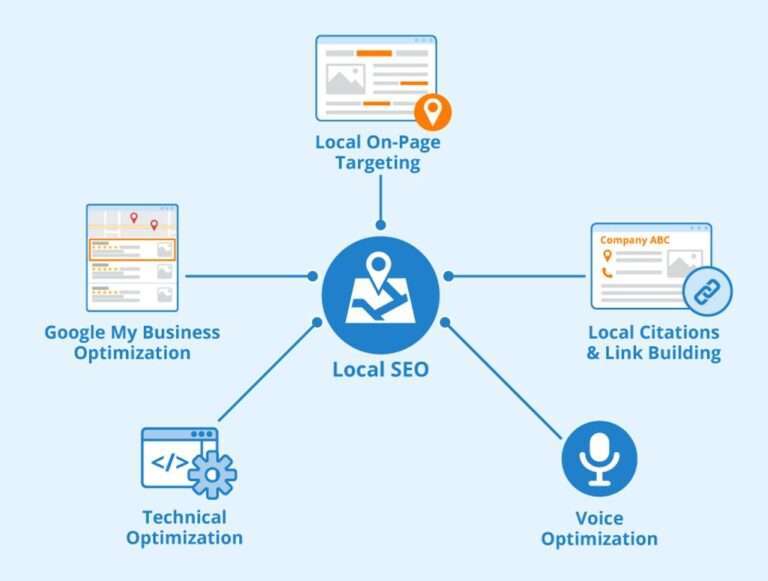What is AI-Assisted Content Personalization?
Overview
What is AI-Assisted Content Personalization?
AI-Assisted Content Personalization is a technique that leverages the power of artificial intelligence to tailor content to individual users based on their preferences, behaviors, and demographics. By analyzing vast amounts of data, AI algorithms can understand the unique needs and interests of each user and deliver personalized content recommendations. This approach allows businesses to provide a more engaging and relevant user experience, leading to increased customer satisfaction and conversion rates. AI-Assisted Content Personalization has gained popularity in various industries, including e-commerce, digital marketing, and news and media, as it enables organizations to deliver highly targeted content to their audience. With the advancements in AI technology, the potential for personalized content experiences is limitless, and it is expected to play a crucial role in the future of content delivery.
Benefits of AI-Assisted Content Personalization
Key insights from the article include:
- AI-assisted content personalization allows businesses to deliver highly targeted and relevant content to their audience, increasing engagement and conversion rates.
- By analyzing user data and behavior, AI algorithms can identify patterns and preferences, enabling personalized recommendations and suggestions.
- Implementing AI-assisted content personalization can lead to improved customer satisfaction and loyalty, as users receive content that aligns with their interests and needs.
With AI-assisted content personalization, businesses can unlock the full potential of their content and provide a tailored experience for their users. To leverage the power of AI in content personalization, consider using Unifire, an AI writer that repurposes audio and video content into 10 different formats. Visit Unifire to learn more.
Challenges in Implementing AI-Assisted Content Personalization
Implementing AI-assisted content personalization comes with its own set of challenges. One of the main challenges is ensuring improved efficiency in the content recommendation process. This involves developing algorithms that can accurately analyze user data and provide personalized recommendations in real-time. Another challenge is the need for a large amount of high-quality data to train the AI models. Collecting and organizing this data can be a complex and time-consuming task. Additionally, there are ethical considerations surrounding the use of AI in content personalization, such as privacy concerns and algorithmic bias. Overcoming these challenges requires a combination of technical expertise, data management strategies, and a strong focus on user privacy and fairness.
Methods of AI-Assisted Content Personalization
Collaborative Filtering
Collaborative filtering is a popular method used in AI-assisted content personalization. It involves analyzing user behavior and preferences to generate personalized recommendations. By leveraging the power of AI, collaborative filtering algorithms can identify patterns and similarities among users to make accurate predictions. This approach is particularly effective in recommendation systems, where it can provide users with AI-powered recommendations based on their interests and past behavior. With collaborative filtering, businesses can enhance user experience and engagement by delivering relevant and personalized content.
Content-Based Filtering
Content-Based Filtering is a method of AI-Assisted Content Personalization that focuses on analyzing the characteristics of the content itself to make recommendations. This approach involves examining attributes such as keywords, tags, and metadata to understand the preferences and interests of users. By using machine learning algorithms, Content-Based Filtering can generate personalized recommendations based on the similarity between the content and the user’s previous interactions. One major benefit of Content-Based Filtering is that it does not rely on explicit user feedback, making it suitable for scenarios where user data is limited or unavailable. However, a challenge in implementing this method is the need for accurate content representation and understanding, as well as the potential for over-recommending similar content. In conclusion, Content-Based Filtering plays a crucial role in AI-Assisted Content Personalization by leveraging the content’s characteristics to provide personalized recommendations to users.
Hybrid Approaches
Hybrid approaches combine collaborative filtering and content-based filtering techniques to provide enhanced personalization. By leveraging both user behavior and content attributes, hybrid approaches can create more accurate recommendations. These approaches take into account user preferences and interests, as well as the characteristics of the content itself, to generate personalized suggestions. This combination of techniques increases the likelihood of conversions by delivering highly relevant and tailored content to users. Implementing hybrid approaches may require a more complex infrastructure and data processing, but the benefits in terms of improved user experience and enhanced likelihood of conversions make it a worthwhile investment.
Applications of AI-Assisted Content Personalization
Digital Marketing
Digital marketing is one of the key areas where AI-assisted content personalization is making a significant impact. By leveraging AI algorithms, marketers can analyze vast amounts of customer data to gain insights into individual preferences, behaviors, and interests. This enables them to deliver highly targeted and relevant content to their audience, resulting in improved engagement and conversion rates. AI can also help automate the process of creating and optimizing digital marketing campaigns, saving time and resources. However, implementing AI-assisted content personalization in digital marketing comes with its own set of challenges. Marketers need to ensure the accuracy and privacy of customer data, as well as address concerns related to algorithm bias and transparency. Despite these challenges, AI-assisted content personalization has the potential to revolutionize the digital marketing landscape, enabling marketers to deliver personalized experiences at scale.
CTA: Visit Unifire to learn more about how AI can transform your digital marketing strategies.
How to Implement AI-Assisted Content Personalization in Digital Marketing:
- Collect and analyze customer data: Start by gathering data on customer preferences, behaviors, and interactions with your digital marketing channels. Use AI algorithms to analyze this data and identify patterns and trends.
- Create customer segments: Divide your audience into different segments based on their characteristics and preferences. This will allow you to tailor content and offers to each segment.
- Develop personalized content: Use AI tools to create personalized content for each customer segment. This could include personalized emails, website content, and targeted ads.
- Test and optimize: Continuously test different variations of your content and measure their performance. Use AI algorithms to identify the most effective content and optimize your campaigns accordingly.
- Monitor and refine: Regularly monitor the performance of your personalized campaigns and make adjustments as needed. Keep track of customer feedback and adapt your strategies to better meet their needs and preferences.
By following these steps, you can harness the power of AI-assisted content personalization to enhance your digital marketing efforts and deliver a more personalized experience to your audience.
News and Media
AI-assisted content personalization has significant implications for the news and media industry. With the vast amount of information available online, it can be challenging for individuals to find relevant and engaging content. However, AI algorithms can analyze user preferences, browsing history, and social media interactions to deliver tailored content that matches their interests and needs. This enables news organizations to provide a more personalized and engaging experience for their audience. By leveraging AI-assisted content personalization, news and media companies can increase reader engagement, improve user satisfaction, and ultimately drive higher traffic and revenue. Furthermore, AI can also assist in content creation, helping journalists and writers to generate compelling articles that resonate with their target audience. The ability to create tailored content that meets the specific needs and interests of readers can revolutionize the way news and media organizations deliver information.
Conclusion
Future Trends in AI-Assisted Content Personalization
As the field of AI content personalization continues to evolve, several future trends can be identified. One key trend is the increasing use of machine learning algorithms to analyze user behavior and preferences in real-time, allowing for more personalized and targeted content recommendations. Another trend is the integration of AI with other emerging technologies such as augmented reality and virtual reality, enabling immersive and interactive content experiences. Additionally, advancements in natural language processing and sentiment analysis are expected to enhance the ability of AI systems to understand and respond to user feedback, further improving content personalization. It is also anticipated that AI content personalization will extend beyond traditional digital platforms, with the rise of AI-powered voice assistants and smart devices. These devices will leverage AI algorithms to deliver personalized content recommendations and experiences to users in their everyday lives. Overall, the future of AI-assisted content personalization holds great potential for delivering highly tailored and engaging content to users across various domains and platforms.
Ethical Considerations
When implementing AI-assisted content personalization, there are several ethical considerations that need to be taken into account. One of the key concerns is the privacy of user data. Personalized content relies on collecting and analyzing user information, which can raise privacy issues if not handled properly. It is important to ensure that user data is protected and that users have control over how their data is used. Another ethical consideration is the potential for algorithmic bias. AI algorithms may inadvertently perpetuate stereotypes or discrimination if they are not properly trained and monitored. It is crucial to address bias in the data and algorithms used for content personalization to ensure fair and inclusive outcomes. Additionally, transparency and disclosure are important ethical considerations. Users should be informed about how their data is being used for personalized content and have the option to opt out if they choose. By addressing these ethical considerations, AI-assisted content personalization can be implemented in a responsible and ethical manner.
Final Thoughts
In conclusion, AI-assisted content personalization is a powerful tool that allows businesses to tailor their content to individual users, resulting in a more personalized and engaging experience. By leveraging AI algorithms such as collaborative filtering, content-based filtering, and hybrid approaches, companies can refine their ideas and deliver highly relevant and targeted content to their audience. This approach has numerous benefits, including increased customer satisfaction, improved conversion rates, and enhanced brand loyalty. However, implementing AI-assisted content personalization also comes with its challenges, such as data privacy concerns and the need for skilled AI professionals. Despite these challenges, the applications of AI-assisted content personalization are vast, spanning across industries such as e-commerce, digital marketing, and news and media. As we look to the future, we can expect advancements in AI technology to further enhance content personalization and drive even greater results. However, it is important to consider the ethical implications of AI-assisted content personalization and ensure that it is used responsibly. In conclusion, AI-assisted content personalization is a game-changer for businesses looking to create a more personalized and impactful user experience.
In conclusion, Unifire is the perfect tool for extracting summaries, keywords, and titles from your podcast and repurposing your content. With Unifire, you can save time and effort by automating the process of generating valuable content from your podcast episodes. Whether you’re a content creator, marketer, or business owner, Unifire can help you maximize the reach and impact of your podcast. Try Unifire today and unlock the full potential of your podcast content.


